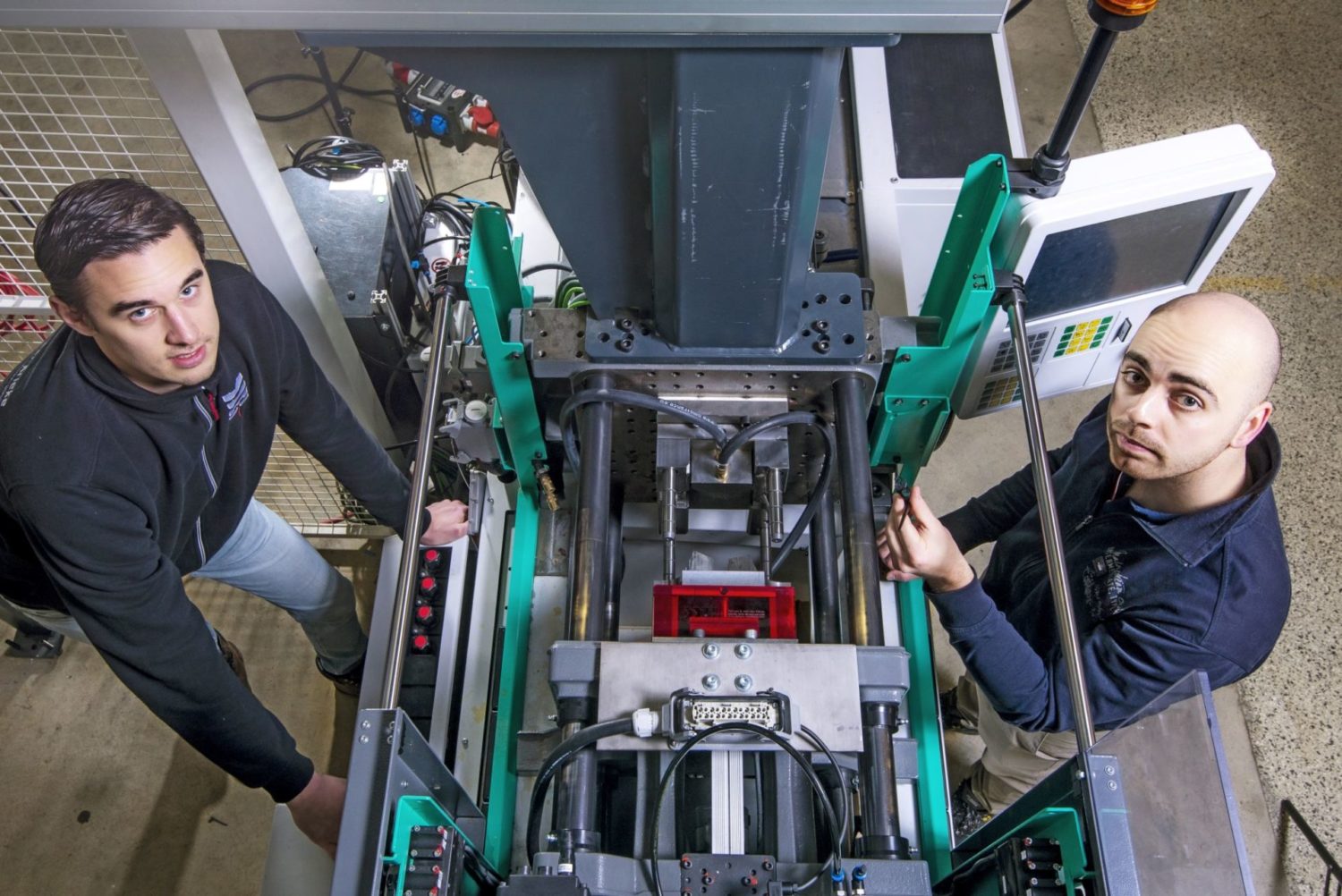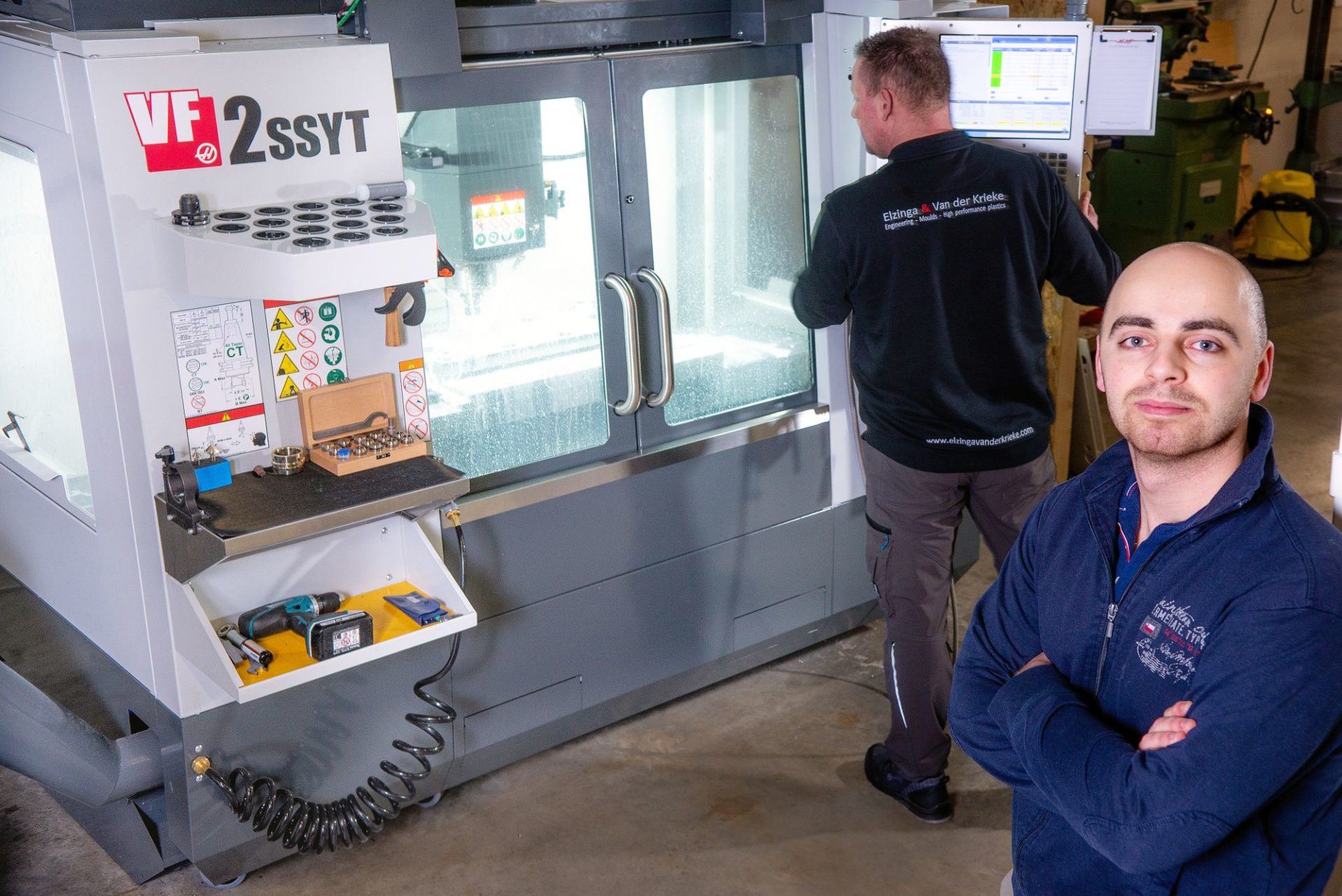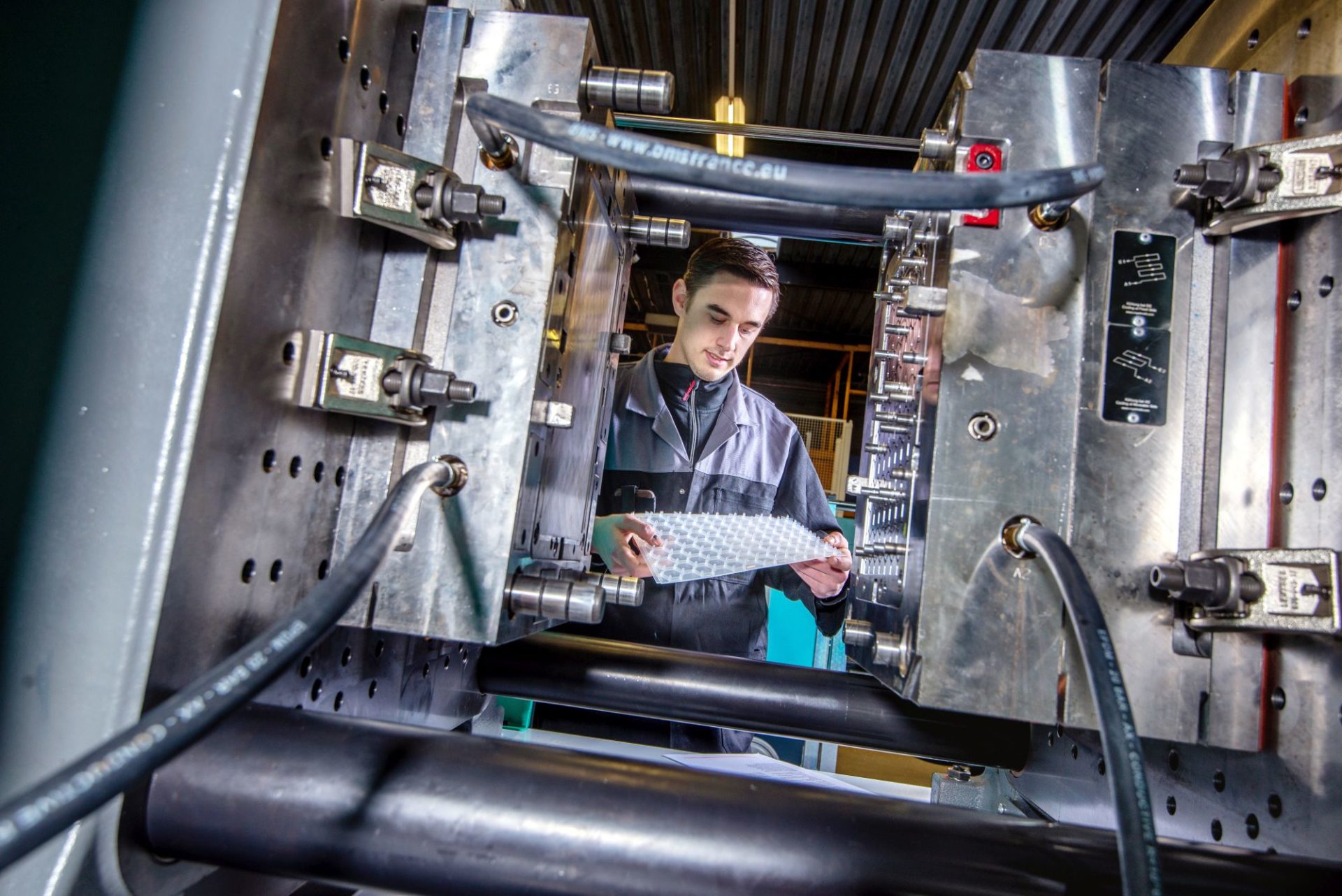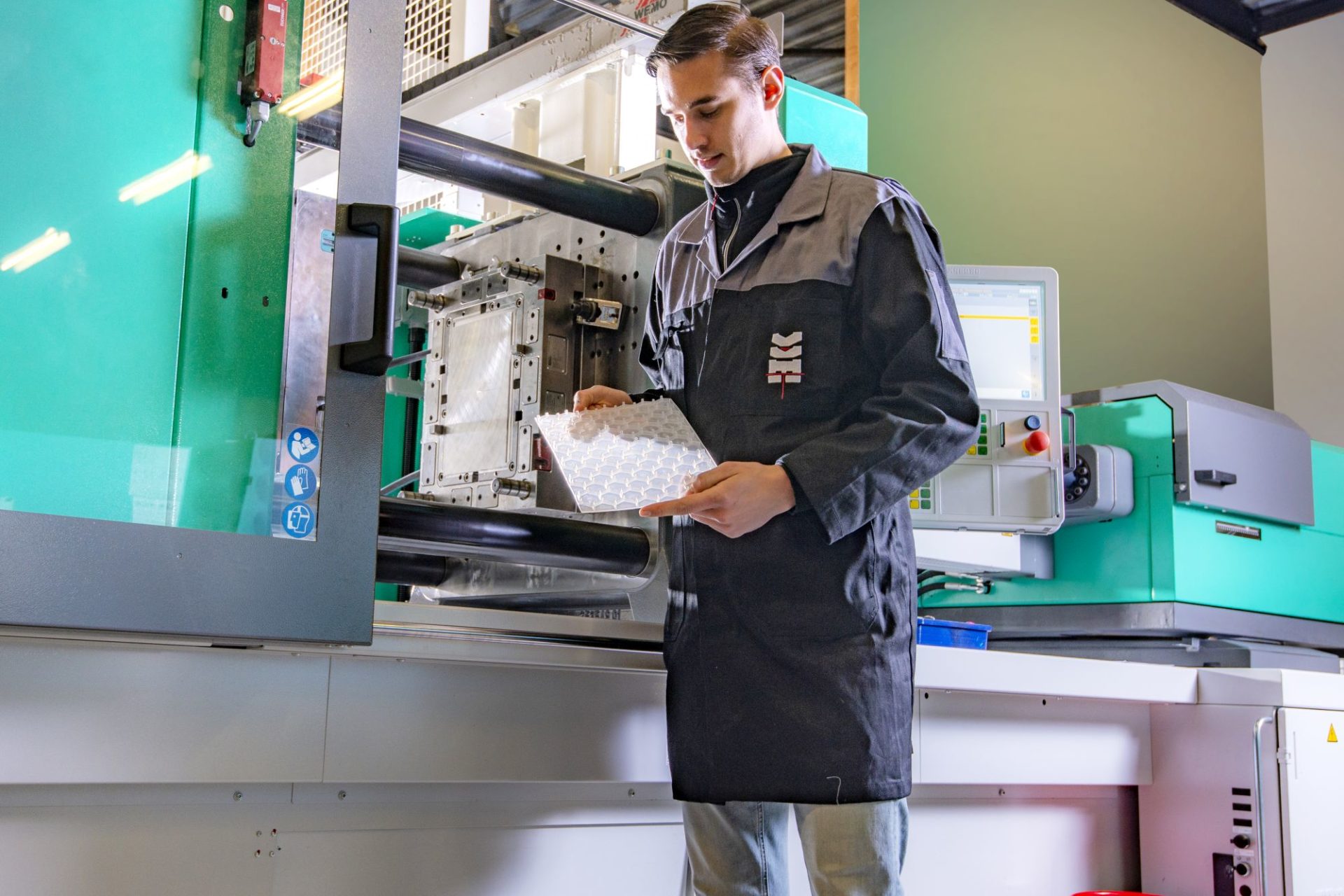Will it succeed in making the manufacturing industry nearby attractive again?
Since the 1990s, the Netherlands believed it was better to outsource manufacturing to low-wage countries, but the market is now turning back. Our competitors in Asia are only winning on price, and that criterion is proving far too meager. Customers are increasingly demanding quality. Those who need high performance products run the risk with injection molding companies that only go for cheap and large volumes. Asia is therefore becoming less interesting and, since corona, uncertainty about delivery has been added, which only makes us busier. Customers look at what is available nearby and discover the added value we offer in terms of knowledge, engineering and customization. Moreover, we can switch quickly and that too is worth a lot.'




